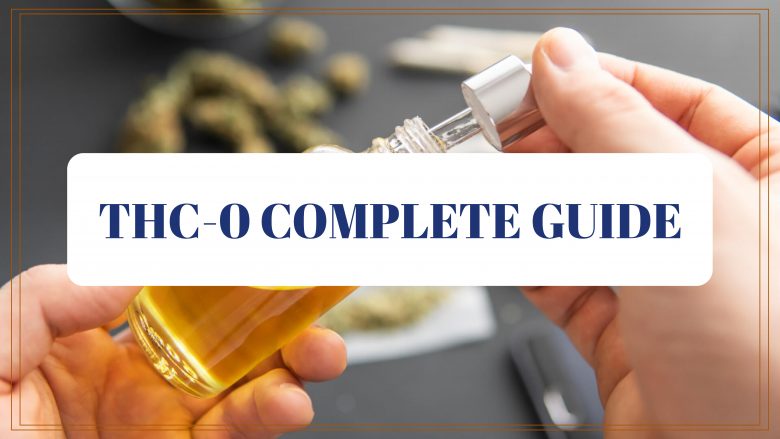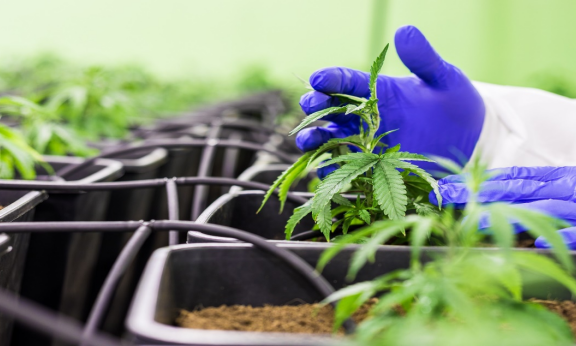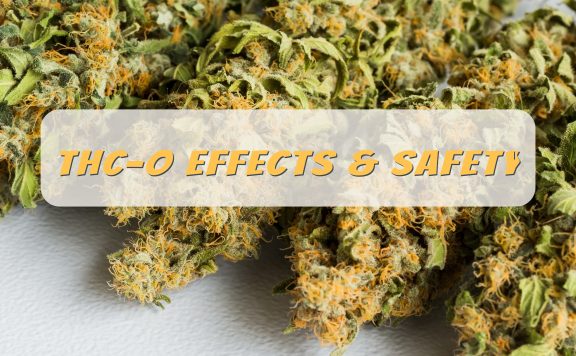The unregulated marijuana industry is still active and growing despite the legalization of cannabis in many places across the nation.
A brand-new “cannabinoid” named THCO has recently come into being and is currently creating quite a stir in the business. But unlike the others, this chemical is unique.
What, then, is THCO? Would you want to test it? Let’s investigate.
Table of Contents
THCO: What is it?
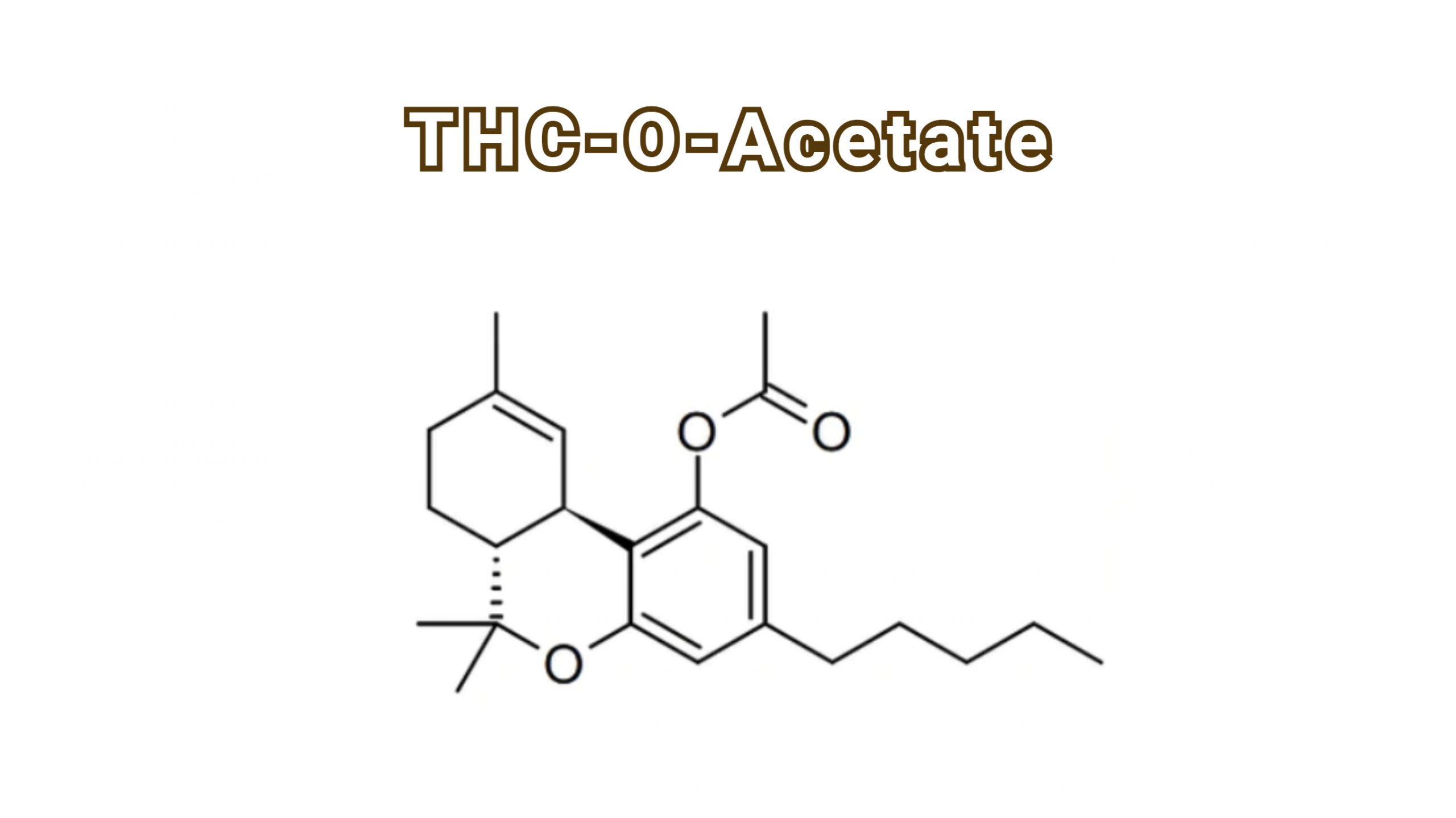
The abbreviation THCO stands for THCO-Acetate, often known as THC Acetate and frequently referred to as a chemical or synthetic form of THC. It is obvious that THCO doesn’t occur naturally from the word “chemical.” So how is it manufactured?
CBD is extracted from hemp, which is legal in the United States, to create THCO. The THC molecules are then given an acetic anhydride addition after the delta-8 THC has been extracted from the CBD. The THC molecule becomes significantly stronger compared to conventional THC during the final procedure by eliminating all terpenes and flavonoids from the molecules and only leaving THC isolates.
The terms “prodrug” or “compound” is used by researchers to describe THCO. It cannot activate until the liver has processed it. This results in the isolation of delta-9-THC, which is typically weaker than delta-9-THC.
Why then, is it so powerful? It mostly derives from the fact that THCO is more potent because it has a higher bioavailability than the unacetylated form.
According to laboratory experiments, THCO can be three times as potent as conventional THC. As a result, overuse could have some very unpleasant symptoms and perhaps have negative medical repercussions.
The use of cannabis should always be done in moderation. Even excessive food or water consumption harms the body.
How Does THC-O Impact Your Health?
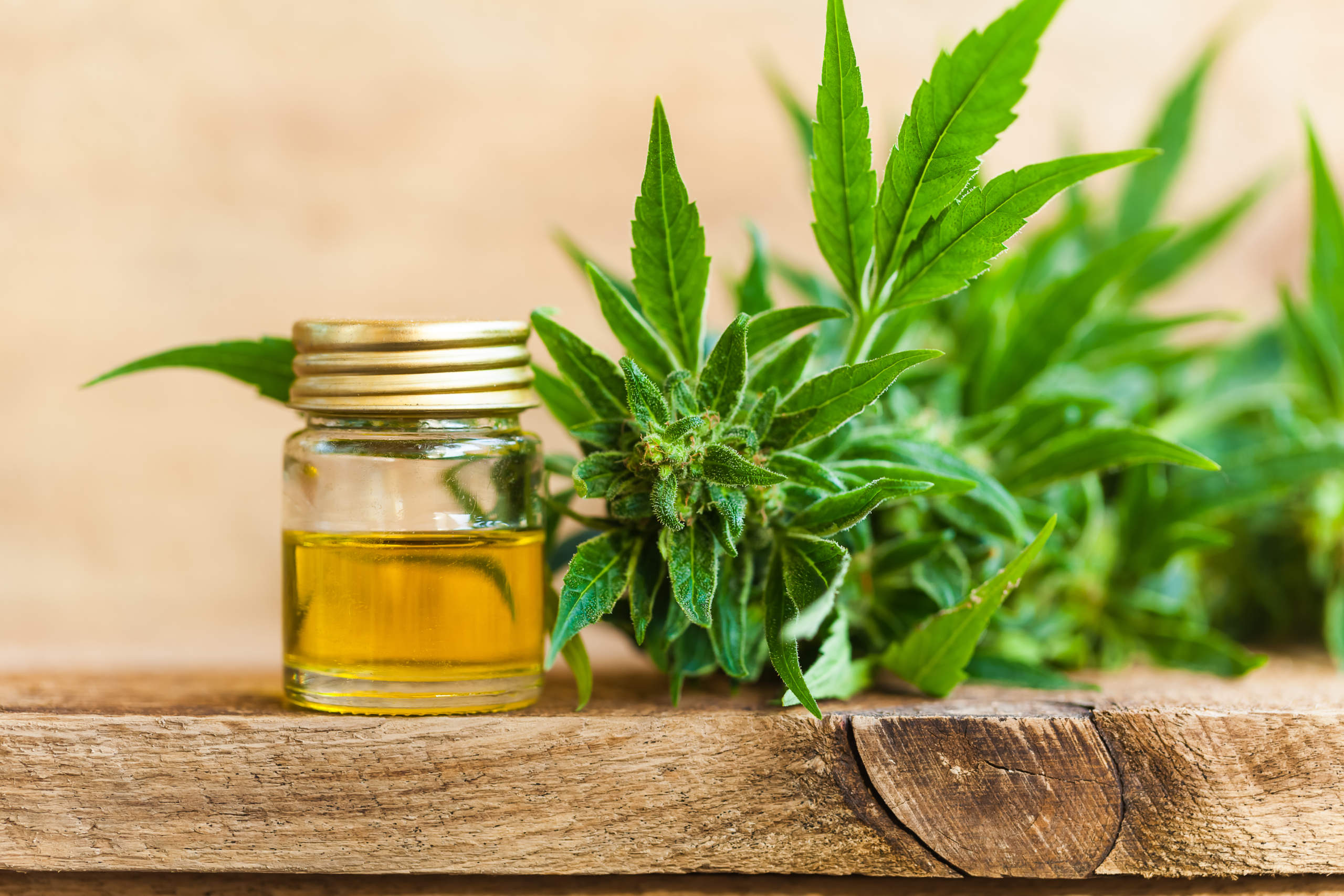
Let’s think about the impacts of THCO now that we know the definition of THCO.
Researchers discovered that THCO is nearly three times as strong as conventional THC, as we already indicated. Additionally, THCO has psychedelic effects, which means it may change how you perceive time as well as sensory data.
There is still a lot we don’t know about THCO, and no confirmed proof has yet been presented to support its hazard. However, other reports cite its general advantages over other forms of THC, including stronger effects on hunger stimulation, pain reduction, and support for sleep.
But because of its strength, THCO also has certain often reported side effects, such as vomiting and nausea, lethargy, drowsiness, seizures, and dizziness. But there’s no need to worry about this.
Depending on how each of our endocannabinoid systems responds to cannabis, various users may experience specific adverse effects after ingesting potent cannabis.
Is THCO Worth Trying?
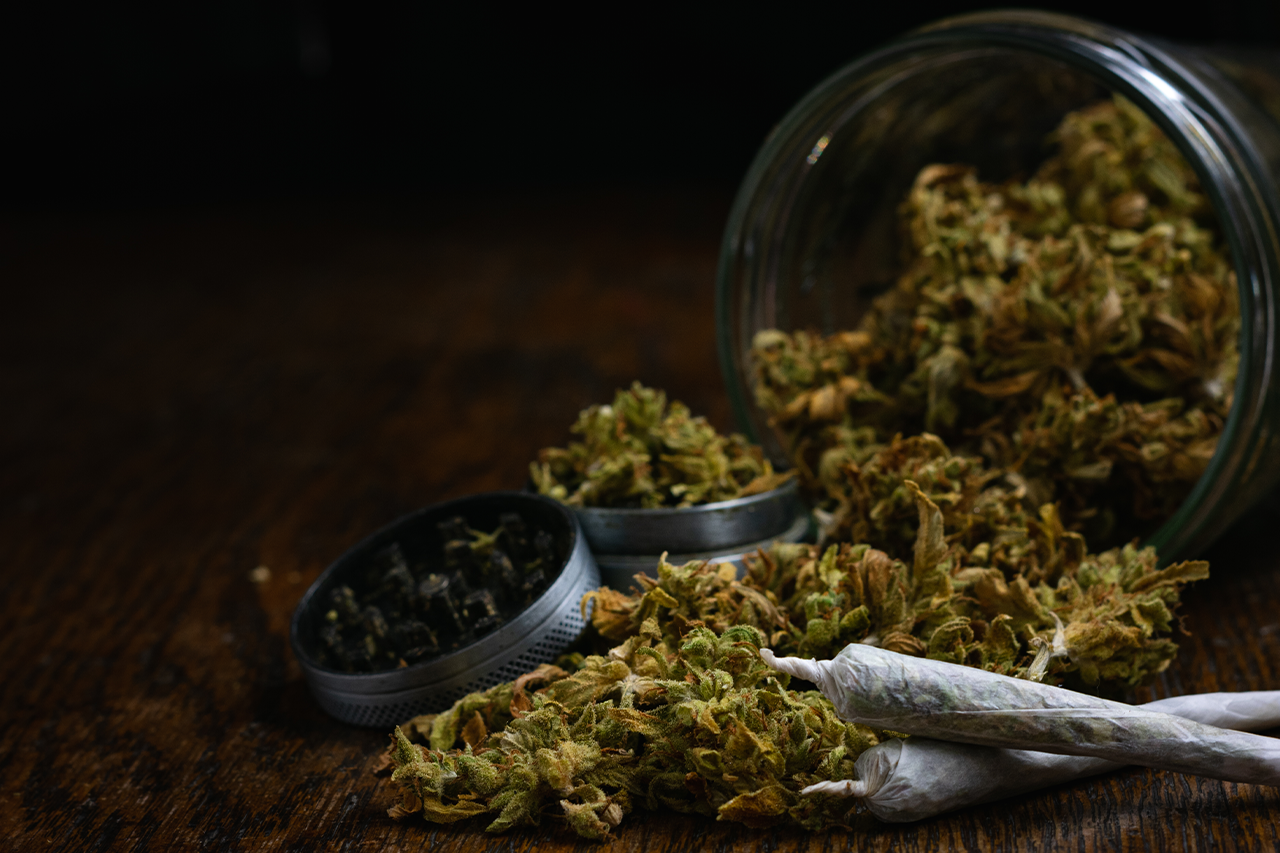
The biggest issue with synthetic cannabis products is that they often contain compounds that are not naturally present in cannabis. However, the decision is ultimately up to you.
Although the presence of chemicals is a real cause for concern, some producers are known for their high standards and rigorous safety measures in their production process. So, if you decide to experiment with THCO, stick with reputable manufacturers.
In addition, it’s better to start with a little amount and observe how your body responds before gradually increasing the dose.
Should you attempt to produce your own THC-O? The answer, in this case, is an emphatic no. Only a technical lab should be used to make THCO, away from any direct human contact.
Researchers claim that because acetic anhydride is very flammable and potentially explosive, producing THCO acetate is inherently risky. It implies that you shouldn’t even consider creating this substance yourself. Rely on the experts.
The Side Effects
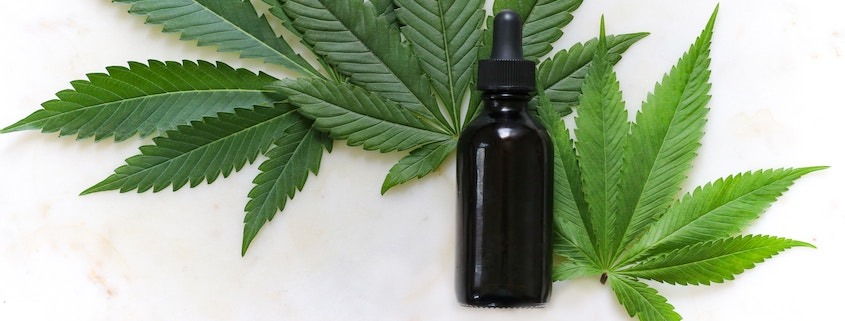
Even though there haven’t been any cases of THCO overdoses documented, it’s important to understand that the drug doesn’t yet have a well-established market, which calls for caution itself.
The first companies to start openly selling THCO are Bearly Legal and Binod. However, not even these companies have testing to demonstrate that their items are authentic and unadulterated.
The issue here is not THC-O, but rather the manufacturing process; brands must be more open about this so that customers know what they are purchasing.
James Stephen, a cannabis expert, claims that THCO producers’ testing outcomes consistently lack specificity because some of the product’s ingredients are still unknown.
Some extremely hazardous materials are needed to make THCO, and if the proper safety precautions aren’t taken during production, these materials could contaminate the finished product.
As a result, even though it has been discussed that testing THCO is difficult, we still require a few tests that can identify the existence of contaminants or unidentified substances.
The effects of THCO may be comparable to those of vaping vitamin E acetate, which is another possible concern.
Inhaling heated vitamin E acetate while vaping produces a very poisonous chemical that can lead to death if consumed in big amounts but only causes lung damage in tiny doses. Certain theories suggest that vaping THCO acetate may also emit this dangerous substance.
THCO Legality
This question does not have a simple solution.
The manufacturers of THC-O, including Bearly Legal Hemp Company, HHC, and Binoid Binoid, claim that the Farm Bill 2018 protects them because the base material for the methods used to create THCO is hemp plants that are legally grown on federal property. They still have some doubts about its legality, though, even at this point.
According to some experts, this chemical is illegal since it violates the Federal Analogous Act of 1986, which specifies that any substance that is analogous to a Schedule 1 drug also qualifies as a Schedule 1 drug. The main ingredient in THCO, regular THC, is a Schedule I substance.
The problem with this argument, as you should be aware, is that it might also imply that delta-8 THC is prohibited. It’s crucial to note, though, that THCO technically conforms with the 2018 Farm Bill and has not been labeled illegal at the federal level.
Most cannabis regulators in jurisdictions where adult use is permitted are ignoring substances produced from hemp, such as THCO, because they are not strictly regulated. However, there is still a lot of uncertainty regarding its potential legality.

